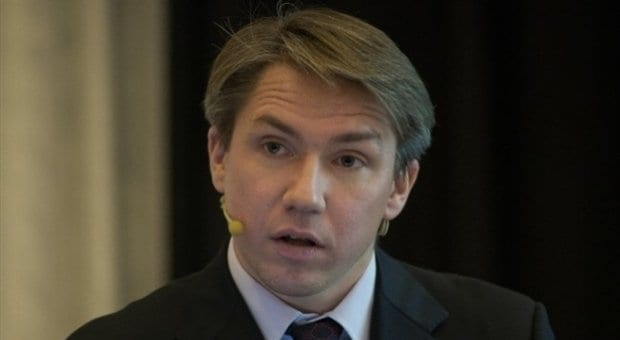Following the International Olympic Committee’s request for clarification of Russia’s anti-gay gag law in the run-up to the 2014 Sochi Games, FIFA, international football’s governing body, also wants “more details” about the measure ahead of the 2018 World Cup, to be staged in Russia.
FIFA released a statement today, Aug 13, noting that Russia has “committed to provide all visitors and fans with a warm welcome and ensure their safety” during the tournament.
“FIFA trusts that the 2018 FIFA World Cup hosts will deliver on this promise,” the statement reads.
The football governing body adds that its statutes “foresee zero tolerance against discrimination” and pointed to Article 3, which states, “discrimination of any kind . . . is strictly prohibited and punishable by suspension or expulsion.”
Russia won the bid to host the 2018 World Cup, beating out England, as well as joint bids from Spain/Portugal and the Netherlands/Belgium, The Globe and Mail recalls.
Meanwhile, Russia’s World Cup head, Alexey Sorokin, has come out in defence of his country’s anti-gay law.
Speaking with World Football Insider, Sorokin says the measure “has been largely misinterpreted” and was designed to combat “active propaganda of homosexuality, not against homosexuality itself.”
He says that is a “big difference.”
He then added, “Would you like a World Cup where naked people are running around displaying their homosexuality? The answer to that is quite obvious.”
He told the Insider that the Olympics and World Cup are “not a stage for various views . . . not for Nazis, not for any other ways of life. It should be about football and nothing else.”
IOC president Jacques Rogge has said that the Olympic charter is very clear. “It says that sport is a human right, and it should be available to all regardless of race, sex or sexual orientation . . . so our position is very clear,” he says.
On Aug 9, Rogge indicated that the Games body was “not clear about the English translation of the Russian law and we want clarification of this translation to be able to understand what has been communicated to us,” following assurances from Russian authorities that it would “not affect those attending or taking part in the Games.”
Rogge said the IOC doesn’t understand all the details and wanted some enlightenment “before having final judgment on these reassurances.”
But in the midst of the call for clarification, the International Olympic Committee has threatened to discipline athletes who flout its charter rules against propaganda by supporting gay rights at the Sochi Games.
Rule 50 of the IOC’s charter says demonstrations or political, religious or racial propaganda are not permitted in any Olympic sites, venues or other areas. Violations of the rule could lead to “disqualification or withdrawal of the accreditation of the person concerned.”


 Why you can trust Xtra
Why you can trust Xtra


